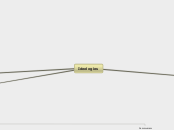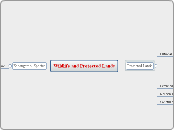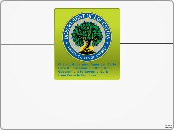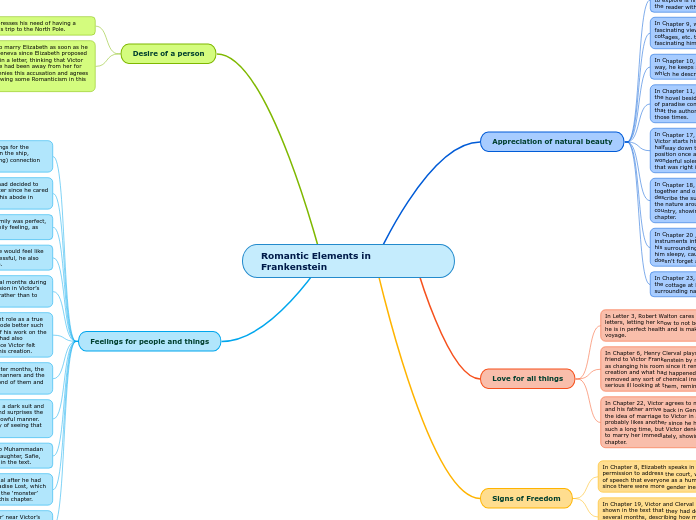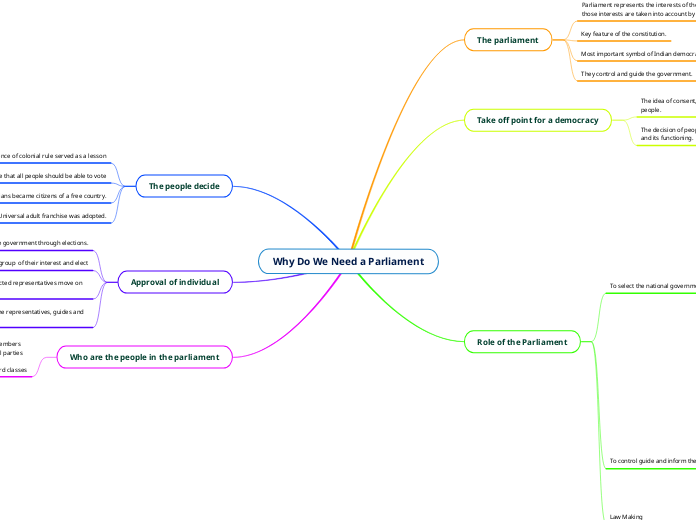Ideologies
Liberalism
Ideology whose principal idea was to create a society in which individuals can satisfy their necessities and interests and that the task of government was to promote individual liberty.
Democracy
Democracy is a form of government in which all eligible citizens are meant to participate equally – either directly or, through elected representatives, indirectly – in the proposal, development and establishment of the laws by which their society is run.
Conduct regular free and fair elections open to citizens of voting age.
One of their prime functions is to protect such basic human rights as freedom of speech and religion
Rests upon the principles of majority rule and individual rights. Democracies guard against all-powerful central governments and decentralize government to regional and local levels
Government in which power and civic responsibility are exercised by all adult citizens, directly, or through their freely elected representatives.
Capitalism
-Economic system in which the means of production and distribution are privately or corporately owned and development is proportionate to the accumulation and reinvestment of profits gained in a free market.
Economic Liberalism
-Economic philosophy that supports and promotes laissez-faire economics and private property in the means of production.
-Believe political freedom and social freedom are
inseparable with economic freedom, and use philosophical arguments promoting liberty to justify economic liberalism and the free market.
-Can be supportive of government regulation to a certain degree, but it tends to oppose government intervention in the free market that inhibits free trade and competition.
Laissez- Faire
-French expression that means “to let do” which states that the intervention of the state (government) on the economy should be minimum or nule.
Socialism
Centrally planned economy in which the government controls all means of production. Born of a commitment to remedy the economic and moral defects of capitalism.
Communism
Socioeconomic system structured upon common ownership of the means of production and characterized by the absence of social classes, money,and the state; as well as a social, political and economic ideology and movement that aims to establish this social order.
Subtopic
Characteristics
The government withers away.
Everyone's basic needs are met.
Social classes disappear.
The citizen merely holds title to the land while paying rent to the State. The State is the true "owner" of the land.
Scientific Socialism
Method for understanding and predicting social, economic, and material phenomena by examining their historical trends through the use of the scientific method in order to derive probable outcomes and probable future developments.
Marx's analysis led him to adopt a position that came to be known as communism, which declared that the
only way to end social exploitation was to abolish private property.
Key point in Marx's analysis was that the bourgeoisie exploited the proletariat because competition demanded it; if a factory owner chose to treat his workers more generously, then he would have to charge more for his goods and his competitors would drive him out of business.
In The Communist Manifesto,Marx and his
collaborator Friedrich Engels argued that "all history is the history of class struggle." and later in the much larger Capital, Marx argued that a human being's relationship to the means of production gave him a social identity. In the industrial age of the nineteenth century, Marx argued, only two classes existed: the bourgeoisie, who controlled the means of production; and the proletariat, who sold their labor for wages.
Utopian Socialism
Was called utopian socialism for the way in which they envisioned, and sometimes tried to set up, ideal communities (or utopias) where work and its fruit were shared equitably.
Sought to reorder society in ways that would end or minimize competition, foster cooperation, and allow the working classes to share in the wealth being produced by industrialization.
Emphasized the collective over the individual and challenged the liberal's notion that competition was natural.
Conservativism
Promotes retaining traditional social institutions in the context of the culture
-Only trustworthy guide to social and political action.
-Supports Monarchy the hierarchical class system dominated by the aristocracy, and the Church.
-Opposed innovation and reform.
-Supporters of the conservative position originally came from the traditional elites of Europe.
-Edmund Burke is often considered "the father of conservatism".
